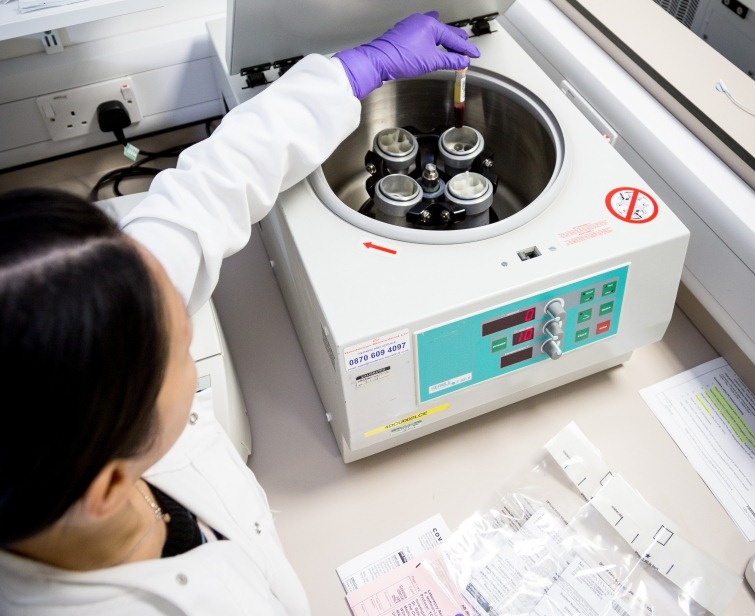New research investigates whether bacteria found on your skin and in your gut plays a role in developing psoriatic arthritis
New research led by Anne Barton, Professor of Rheumatology at The University Manchester, will investigate the role bacteria plays in the development and treatment of psoriatic arthritis (PsA), which could lead to tailored dietary and improved treatment.
Microbes live on our skin and in our guts and outnumber human cells by 10 to 1. They play a vital role in maintaining health and an active immune system. In recent years increasing evidence has emerged that microbes, including bacteria, contribute to disease development and how people respond to certain treatments.
Professor Barton, who is also Inflammatory Arthritis in Adult’s Theme Lead for the NIHR Manchester Musculoskeletal BRU, has been awarded £300,000 as part of the £1.5 million Arthritis Research UK microbiome pathfinder awards. Professor Barton’s research will explore the role of the microbiome in psoriatic arthritis (PsA), in collaboration with colleagues at The University of Glasgow.
PsA is a condition that causes painful inflammation in and around the joints and usually affects people who already have psoriasis. The team will analyse the bacterial groups from skin and stool samples of patients with PsA, before and after therapy, and investigate whether the composition of the bacteria correlates with the genetic make-up of patients, the immune cells they carry and how they respond to treatment.
Most PsA patients have psoriasis before they develop PsA, meaning there is a window of opportunity to prevent them from getting arthritis. Understanding if certain bacterial communities are risk factors for PsA could lead the way to recommending dietary alterations, antibiotics and other lifestyle changes with the aim of preventing the onset of arthritis.
Professor Barton explained:
The microbiome is an unexplored link in the cause of arthritis; if an alteration in the skin or gut bacteria was identified that increased the risk of PsA, it is possible that topical treatments or dietary manipulation could be used to prevent arthritis in patients with psoriasis in the future.
Furthermore, bacterial disturbances may affect the way medicines are absorbed. If this was known, for patients with PsA, current therapy options could be tailored according to the bacterial communities present or dietary manipulation could be used to change the composition.
Researchers hope that by understanding which bacteria affect response particular treatments, they can develop better targeting of the right treatments to the right patients at the right time, within the next five-ten years.




